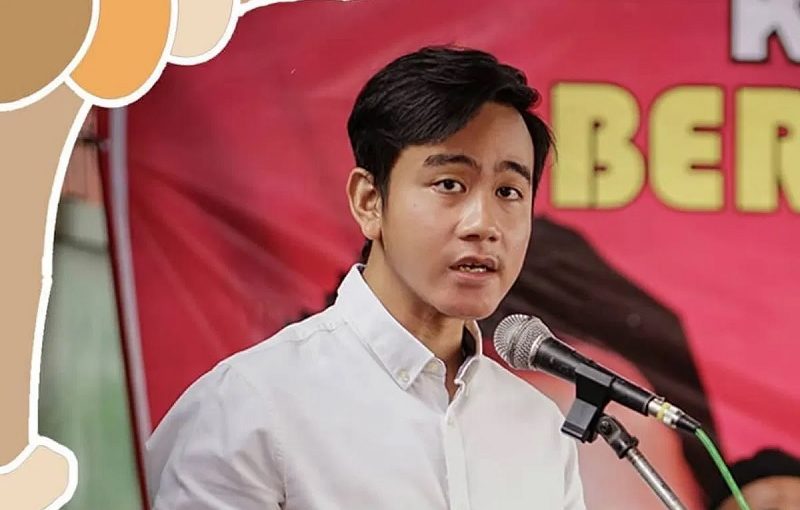PROGRES.ID – The decision by the Constitutional Court (MK) to uphold a lawsuit regarding the registration requirements for presidential (capres) and vice-presidential (cawapres) candidates in the 2024 Election has sparked heated debates.
The requirement for presidential and vice-presidential candidates to be at least 40 years old or have experience as a regional leader at the provincial or regency/city level has become the age limit.
This decision is the result of a substantive review of Article 169 letter q of Law Number 7 of 2017 concerning General Elections, which sets the minimum age for presidential candidates.
With this decision, the Constitutional Court provides an opportunity for individuals who have previously or are currently holding positions they obtained through general elections, including regional leadership elections, to register as presidential or vice-presidential candidates, even if they are under 40 years old.
One name with great potential to take advantage of this opportunity is the Mayor of Solo, Gibran Rakabuming Raka, who is currently 36 years old.
Of course, the Constitutional Court’s decision has drawn sharp criticism, especially from legal experts. Constitutional law expert Feri Amsari strongly criticized the MK’s decision, calling it a “Family Court.”
He stated that the Constitutional Court has opened the door for Gibran, who is the son of President Joko Widodo, to participate in the 2024 Election. In his view, this decision appears dramatic and lacks a clear meaning, apart from providing a special opportunity for Gibran.
Such criticism reflects dissatisfaction with the Constitutional Court’s decision, which is considered detrimental to the principles of democracy and justice.
Case Number 90/PUU-XXI/2023 was filed by Almas Tsaqibbirru Re A, a student who requested that the Constitutional Court change the minimum age requirement for presidential and vice-presidential candidates to 40 years or require experience as a regional leader at the provincial or regency/city level.
The MK’s decision affirms that the Court has the authority to adjudicate such requests and that the applicants have valid legal standing. As a result, the Constitutional Court partially granted the request.
In the reading of the decision, Chief Justice Anwar Usman emphasized that this decision acknowledges some of the legal arguments made by the applicants. This decision will undoubtedly continue to be a heated topic of debate in the context of Indonesian politics and may also attract international attention, given its potential impact on the dynamics of future presidential elections.








